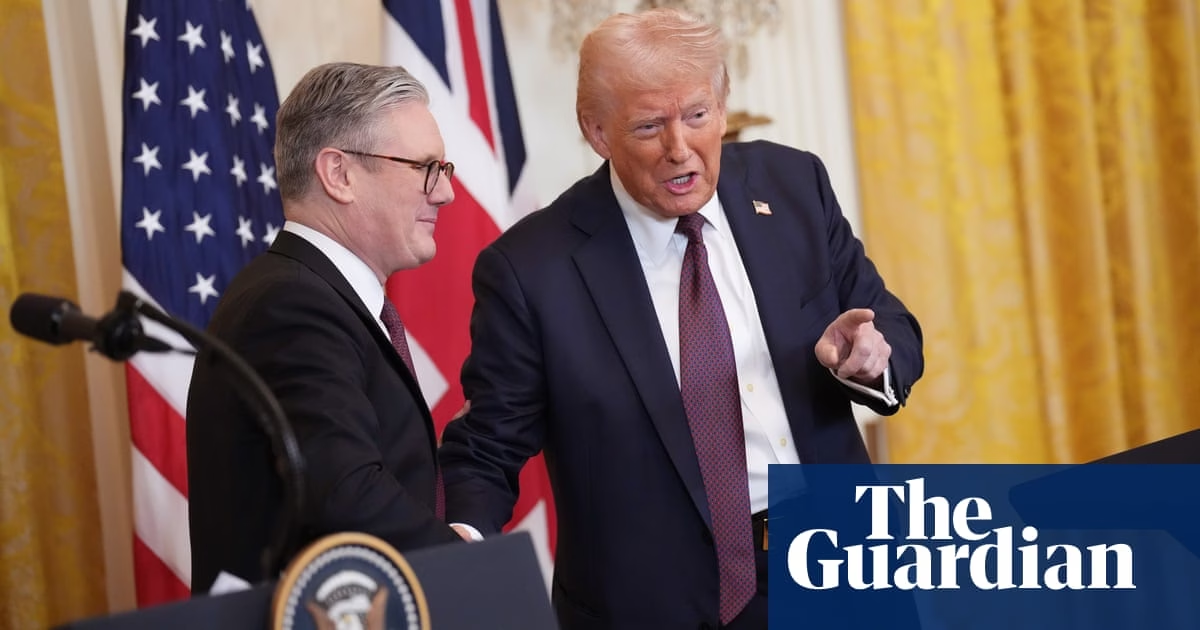When Boris Johnson met Donald Trump for the first time at the 2019 Biarritz G7 summit, Johnson spoke to reporters about the significant benefits a post-Brexit trade deal with the US would bring, citing a wide range of British products, from pork pies to shower trays. Despite the positive chemistry between the two leaders and the initiation of formal talks the following year, no agreement was reached.
What the US and UK now seem to be aiming for, following Keir Starmer’s trip to Washington, is a deal significantly narrower than the comprehensive trade agreement Johnson envisioned — limited to cooperation in technology. This shift is likely due to the US’s historical lack of enthusiasm for deepening trade ties with other countries, as evidenced by the last new US free trade agreement going into force with Colombia in 2011.
For the UK, a broad-based deal would raise politically sensitive issues, including agriculture and the NHS. The US has different agricultural practices that conflict with UK standards, such as washing chickens in chlorine. Also, the NHS is seen as a significant asset to the US life sciences sector. Moreover, Trump’s published negotiating objectives included achieving comprehensive market access for US agricultural goods in the UK, which complicates Labour’s stated goal of a closer post-Brexit trade relationship with the EU. Accepting US food standards, for instance, would jeopardize veterinary agreements with Brussels.
The health secretary, Wes Streeting, has stated that the NHS will not be for sale in any negotiations; however, he recognizes the value in data sharing for clinical trials, which may raise privacy concerns.
John Springford of the Centre for European Reform suggests that a narrow, tech-focused deal could involve the UK adopting a similar approach to artificial intelligence regulation as the US, who has criticized the EU’s more stringent legislation. There may also be potential for collaboration on arms procurement, despite Trump’s momentary oversight of the Aukus security alliance between Australia, the UK, and the US.
The primary goal of any deal is not to expand markets for UK exporters but to avoid the tariffs imposed by the second Trump administration, which aims to reshape the global trading system. This is a notably different aim than the broad-based agreement envisioned by Brexit’s most fervent supporters, which sought to align the UK more closely with the US economy and distance it from the EU. Given the implications for other countries, such a deal could be a considerable achievement.
Source: https://www.theguardian.com/business/2025/feb/28/what-would-a-uk-us-economic-deal-really-look-like








